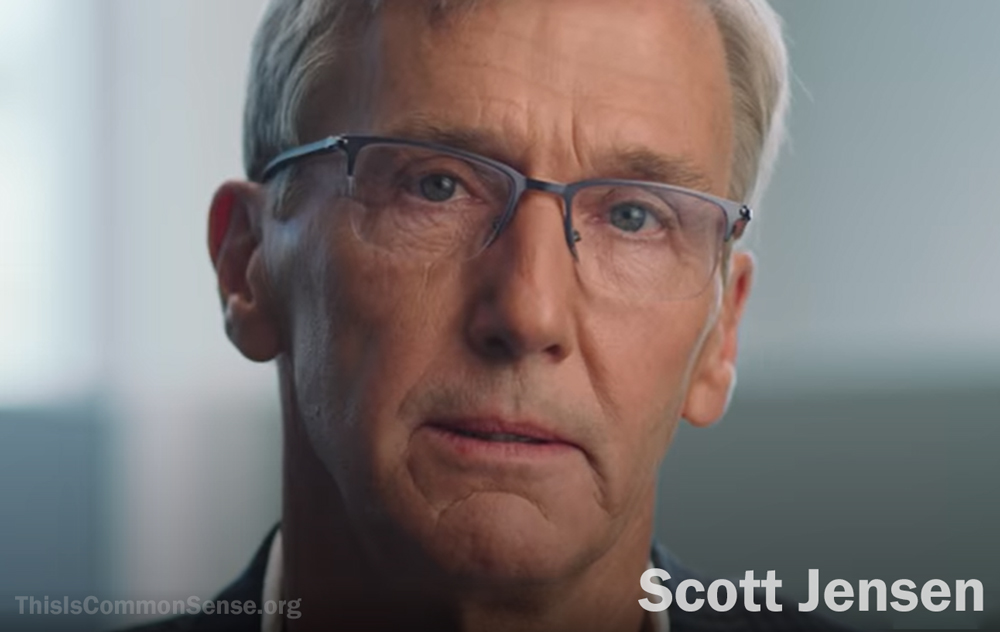Scott Jensen is a family physician and a candidate for governor of Minnesota who opposes counterproductive lockdown measures.
His medical license is being officially investigated — for the fifth time — because of complaints about . . . well, what, exactly?
He has produced a video on the theme of “if it can happen to me, it can happen to you.” Here’s the kind of complaints that instigated the latest fake investigation:
- Dr. Jensen challenged the validity of President Biden’s national vaccine mandate. Guilty as charged, he says.
- Dr. Jensen is not vaccinated. “I’m not. I have a plethora of antibodies, because I have recovered from COVID.”
- Dr. Jensen has opposed mandatory masks for school children. “Last I checked, school boards are making those decisions. I have my opinion, and I’m entitled to it.”
- Dr. Jensen has promoted the use of ivermectin. “That’s a decision between a patient and a doctor.”
- Dr. Jensen has “inappropriately” promoted the benefits of natural immunity. “I can run for office if I so choose.”
On the other hand, all this is pretty damning, isn’t it? Dr. Jensen has done perhaps the worst thing that any American can do: uttered opinions.
Publicly.
I hope, Gentle Reader, that you yourself have never articulated an opinion in mixed company while also being licensed to do whatever it is you do to earn a living. Apparently, in the eyes of some people, these two things don’t mix.
This is Common Sense. I’m Paul Jacob.
—
See all recent commentary
(simplified and organized)


